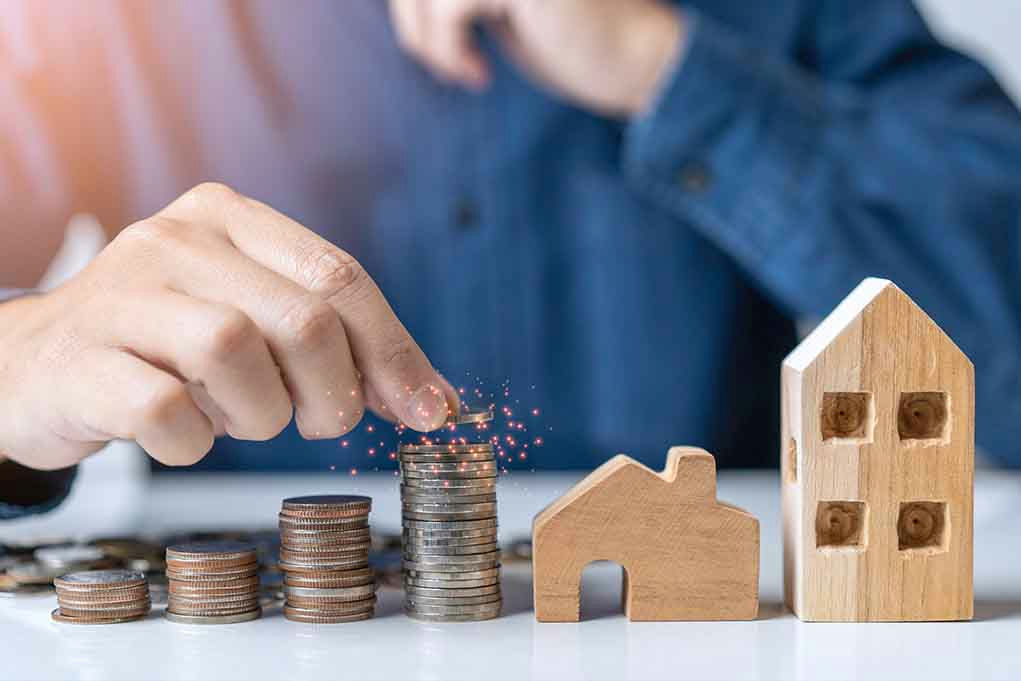The average American checks their smartphone 96 times per day, yet only conducts a comprehensive financial health assessment once every few years—if at all.
Story Overview
- DIY financial health checks have surged in popularity, with millions now using digital tools to self-assess their money management skills
- These self-guided evaluations emerged from traditional professional assessments but now empower individuals to identify financial weaknesses without expensive advisors
- Financial institutions and fintech companies are racing to provide user-friendly assessment tools that integrate behavioral psychology with practical metrics
- The COVID-19 pandemic accelerated adoption as Americans reassessed their financial resilience and vulnerability
The Digital Revolution in Financial Self-Assessment
The concept of evaluating your financial health isn’t new—financial professionals have conducted client reviews for decades. What changed dramatically is who’s doing the assessment. The early 2000s brought online financial literacy tools and quizzes, followed by mobile budgeting apps in the 2010s. By 2020, economic uncertainty and increased digital adoption created the perfect storm for DIY financial health checks to explode in popularity.
Today’s self-assessment tools go far beyond simple budgeting calculators. They integrate behavioral psychology, real-time banking data, and sophisticated algorithms to provide comprehensive financial snapshots. The Financial Health Network’s FinHealth Score Toolkit represents the gold standard, measuring everything from spending habits to emergency fund adequacy. These platforms democratize financial analysis that once required expensive professional consultations.
Why Americans Are Taking Control of Their Financial Destiny
The shift toward DIY financial assessments reflects deeper American values of self-reliance and personal responsibility. Rather than waiting for quarterly meetings with financial advisors who charge hundreds per hour, individuals now conduct monthly or even weekly financial checkups using free digital tools. This approach aligns perfectly with the conservative principle that individuals are best positioned to understand their own needs and make appropriate decisions.
Barbara O’Neill from Rutgers Cooperative Extension notes that personalized quizzes serve as powerful motivators for behavior change. When people discover their emergency fund covers only two weeks of expenses instead of the recommended three to six months, they’re motivated to act immediately. This real-time feedback loop accelerates financial improvement in ways traditional annual reviews never could.
The Tools Reshaping Financial Self-Awareness
Modern DIY financial health checks examine multiple dimensions simultaneously. They analyze spending patterns, debt-to-income ratios, savings rates, and investment diversification. More sophisticated platforms incorporate psychological factors like financial stress levels and confidence in retirement planning. The Consumer Financial Protection Bureau promotes quick self-assessment quizzes that identify problem areas within minutes rather than hours.
Bank of America and United Community Bank now embed these assessment tools directly into their digital banking platforms. Customers receive automatic alerts when their financial health scores decline or when they’re falling behind on savings goals. This integration transforms routine banking into ongoing financial education and self-improvement.
The Economic Impact of Financial Self-Reliance
The widespread adoption of DIY financial health checks creates positive ripple effects throughout the economy. Individuals who regularly assess their finances demonstrate higher savings rates, lower default rates, and better retirement preparedness. Financial institutions benefit from reduced customer risk and improved engagement metrics. The fintech sector has responded by developing increasingly sophisticated tools that monetize user data while providing genuine value.
However, this trend also highlights concerning disparities. Digitally literate Americans with smartphone access can conduct comprehensive financial assessments for free, while those without technology skills or reliable internet connections remain dependent on expensive professional services. This digital divide could exacerbate existing wealth gaps, making financial literacy education more crucial than ever.
Sources:
K-State Research and Extension

